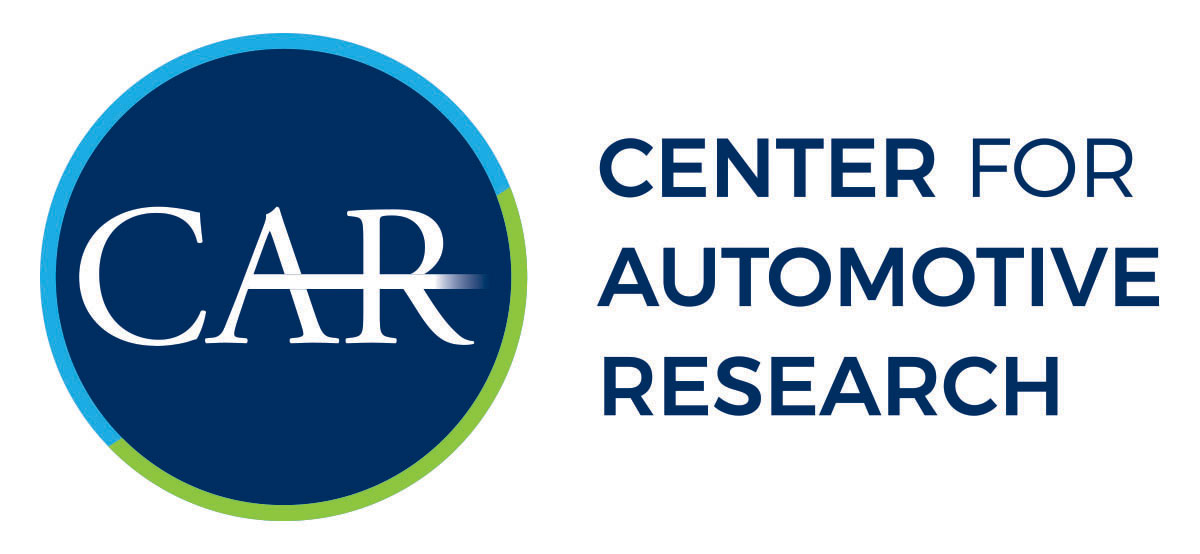As CAR continues to address the immediate impact of the COVID-19 pandemic, the organization is also working on understanding how a possible economic downturn resulting from the disruption may affect the many facets of the automotive sector. Technology development is one of those critical areas CAR is monitoring. Over the past several years, the automotive industry has been investing in advanced technologies at a seemingly unprecedented rate. Each company is struggling to keep pace in advance propulsion, automated vehicles (AV), automated driver-assist systems (ADAS), connected vehicle technologies (CV), and mobility, and advanced manufacturing technologies. Finding the funds to finance these long-term investments in a strong market is challenging. Doing so in a down cycle may be nearly impossible.
Over the past several months, the price of oil has dropped precipitously. This decline has led many to consider the effect of even-lower gas prices on the near and mid-term penetration rates for battery electric vehicles (BEV). Certainly, consumer acceptance of BEVs is uncertain. The cost of gasoline is one of many factors in the EV sales success, and long-term lower prices will make it less likely for some to buy BEVs. However, the length and depth of a possible recession may have a more long-lasting impact on sales of EVs.
Many vehicle manufacturers have recently made significant commitments to develop BEVs. Based in part on those announced commitments and market trends, CAR estimates in its propulsion roadmap that approximately 6 percent of U.S. sales will be battery electric vehicles by 2025. To achieve that penetration rate, companies will need to continue to invest heavily in EV technology development over the next several years. Given the critical economic situation, vehicle manufacturers will need to make tough decisions regarding propulsion technology investment. CAR is actively tracking both announced actions in product plans for EVs, as well as how companies are positioning their advanced propulsion investments.
For the past 15 months, CAR has tracked the development of AV/ADAS and mobility technology partnerships. The CAR Mobility Web project showed a remarkable expansion of investment in this space by traditional automotive stakeholders and new technology entrants. However, available investment data shows that over the last several months leading up to the COVID-19 crisis, there was a decrease in venture capital funneling into the AD/ADAS and mobility start-ups. Data show that investment fell from just over $1 billion in January 2018 to less than $300 million in January 2020. Even before the COVID-19 pandemic, venture capital appeared to be getting a bit nervous about the delayed profitability outlook for many of these start-ups. As industry stakeholders ponder the viability of automated driving and shared mobility in a post-pandemic world, investors are likely to be even more nervous.
Finally, CAR has initiated a project on how the automotive industry is implementing Industry 4.0. This project, funded by a diverse collection of technology companies (Accenture, Cloudera, Dell, Intel, PTC, and Rockwell Automation), got underway in late March 2020. The effort is investigating the effectiveness of Industry 4.0 in the automotive sector and identifying guideposts for future implementation. It also offers an excellent opportunity to examine how digital manufacturing technologies can help manage the current situation. The project team is targeting July for a release.
A unique aspect of this current shock is the diverse players now in the automotive sector. Traditionally, vehicle manufacturers knew their competitors would act similarly to themselves. In times of recession, they generally cut costs, delayed advanced technology projects, and focused on products that would get the plants running—all in hopes of delivering some short-term return on investment. However, the industry now includes many non-traditional automotive players. Some of those new entrants will likely behave differently than the traditional industry. Waymo, with the backing of Alphabet, is not likely to reduce investment in automated driving. Tesla, who has shown a remarkable ability to find funding, will also likely continue forward. Traditional automotive companies who reduce investment in advanced technologies risk losing the technology race once the markets recover. Yet, spending on technologies that offer minmal near term returns may lead to dire problems right now.
While the industry is working collectively to prevent significant disruption, COVID-19 certainly presents the potential for economic upheaval. That turmoil will influence how companies develop advanced technologies over the next several years. For industry stakeholders, this disruption will lead to tough technology decisions.
If you are an supplier of propulsion technologies, automated and connected vehicle technologies, or advanced manufacturing technologies, and would like to participate in CARs Technology Tracker Survey, please contact Brett Smith at [email protected].

Get our feature stories straight to your inbox.
Join our email list today and never miss our feature stories, publications, and event news.

